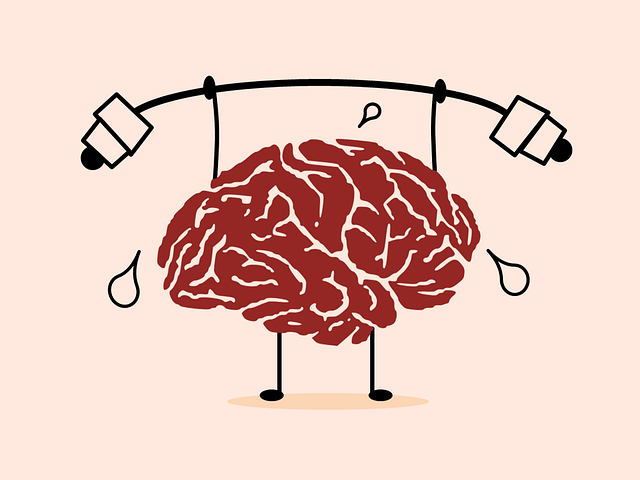In today’s fast-paced world, where cognitive demands are ever-increasing, maintaining optimal brain function has become a priority. While mental exercises and stimulating activities are important, nutrition plays a crucial role in enhancing brain function. The food we consume directly affects our brain’s health, cognitive abilities, and overall mental well-being. In this blog post, we will explore the significant impact of nutrition on brain function and discuss dietary strategies to optimize cognitive performance.
Fueling the Brain: Macronutrients
To function optimally, the brain requires a steady supply of energy. This energy primarily comes from macronutrients: carbohydrates, proteins, and fats. Carbohydrates provide glucose, the brain’s preferred source of fuel. Whole grains, fruits, and vegetables are excellent sources of complex carbohydrates that provide sustained energy. Proteins play a vital role in neurotransmitter synthesis, aiding in the efficient communication between brain cells. Including lean meats, fish, eggs, and legumes in the diet ensures an adequate supply of essential amino acids. Healthy fats, such as omega-3 fatty acids found in fish, nuts, and seeds, are crucial for brain health, as they contribute to cell membrane structure and support optimal brain function.
Micronutrients and Brain Health
In addition to macronutrients, an array of vitamins and minerals are essential for brain health and function. B vitamins, including folate, B6, and B12, are crucial for the synthesis of neurotransmitters and the production of red blood cells, which carry oxygen to the brain. Dark leafy greens, legumes, and fortified cereals are excellent sources of B vitamins. Antioxidant-rich vitamins C and E, along with minerals like zinc and selenium, help combat oxidative stress and protect the brain against age-related decline. Including a variety of colorful fruits and vegetables in the diet ensures an adequate intake of these brain-boosting micronutrients.
The Gut-Brain Connection
Emerging research has highlighted the fascinating connection between the gut and the brain, known as the gut-brain axis. The health of our gut microbiota, the trillions of microorganisms residing in our digestive system, profoundly influences brain function. A diet rich in fiber promotes the growth of beneficial gut bacteria, which produce short-chain fatty acids, such as butyrate. Butyrate acts as a fuel for brain cells and plays a crucial role in maintaining a healthy gut-brain axis. Including fiber-rich foods like whole grains, fruits, vegetables, and fermented foods like yogurt and sauerkraut supports a diverse and thriving gut microbiome, positively impacting cognitive function.

Mindful Eating for Optimal Brain Function
Practicing mindful eating habits is essential for optimizing brain function. Mindful eating involves paying attention to the sensory experience of food, eating slowly, and savoring each bite. It allows us to tune in to our body’s hunger and satiety signals, preventing overeating and promoting a balanced intake of nutrients. Furthermore, avoiding processed foods, excessive sugar, and unhealthy fats reduces the risk of inflammation and oxidative stress, which can negatively impact brain function. Instead, focusing on whole, unprocessed foods, rich in vitamins, minerals, and antioxidants, nourishes the brain and supports optimal cognitive performance.
Conclusion
Nutrition plays a fundamental role in enhancing brain function and maintaining cognitive health. By prioritizing a diet rich in macronutrients, micronutrients, and fiber, we provide our brain with the necessary fuel, protect it against oxidative stress, and support a healthy gut-brain axis. Combined with mental exercises and a balanced lifestyle, a brain-boosting diet can contribute to improved memory, focus, and overall mental well-being. So, let’s choose our food wisely, as it has the power to fuel our brains and unlock its incredible potential. For additional tips and information about using brain supplement, you may visit their page to learn more.


